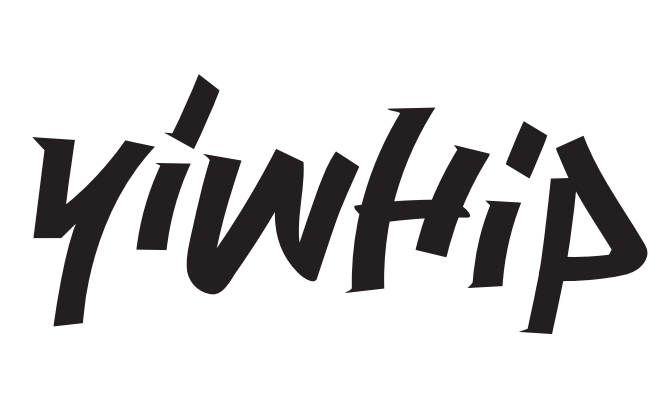Every year, Martin Luther King Jr. Day serves as a reminder of the critical role that Dr. King played in the American civil rights movement. This day not only honors his memory but also encourages us to reflect on the ongoing work required to achieve true equality for all. One way to celebrate this important day is by hosting a **Civil Rights Dinner** that combines delicious food with meaningful conversations about equality, justice, and community engagement.
Understanding the Significance of Martin Luther King Jr. Day
Martin Luther King Jr. Day, observed on the third Monday of January, is a federal holiday that honors the legacy of the civil rights leader. Dr. King championed nonviolent protest and fought against racial discrimination and segregation in the United States. His leadership during pivotal events, such as the Montgomery Bus Boycott and the March on Washington, exemplifies the power of peaceful resistance. As we gather around the table for a **Civil Rights Dinner**, let's remember that this day is not just a day off work but a time for **reflection and action**.
The Importance of Reflection
As we celebrate King's contributions, it's crucial to engage in reflection. Ask yourself: How can we continue to fight for equality in our communities? Hosting a dinner provides a perfect backdrop for such discussions. It encourages open dialogue among friends and family about the **importance of civic engagement** and social justice.
Planning Your Civil Rights Dinner
To host a memorable Civil Rights Dinner, consider the following elements:
- Invitations: Invite diverse guests to celebrate inclusivity. Encourage them to bring a dish inspired by their cultural heritage.
- Themed Decorations: Use artwork or quotes from Dr. King to inspire conversation. Consider setting up a table with literature on civil rights history.
- Menu Items: Choose a menu that represents various cultural backgrounds. Consider serving dishes that have historical significance in the civil rights movement.
- Discussion Prompts: Prepare questions to guide conversations, such as "What does equality mean to you?" or "How can we contribute to the civil rights movement today?"
Menu Ideas for Your Dinner
Your menu can reflect the historical roots of the civil rights movement. Here are a few ideas:
- Collard Greens: A staple in Southern cooking that symbolizes resilience.
- Fried Chicken: A beloved dish, often associated with gatherings and celebrations.
- Black-Eyed Peas: Traditionally eaten on New Year's Day for good luck, this dish can represent hope for the new year ahead.
- Cornbread: A comforting side that has its origins in African American cuisine.
Engaging Your Community
As part of your Civil Rights Dinner, consider incorporating a community service aspect. Here are a few ideas:
- Donation Drive: Encourage guests to bring non-perishable food items or school supplies to donate to a local charity.
- Volunteer Together: Plan a group volunteering event for a local organization supporting civil rights or community upliftment efforts.
- Educational Outreach: Partner with local schools or community centers to provide educational materials on civil rights issues.
Continuing the Conversation Beyond Dinner
Hosting a dinner is just the beginning; fostering ongoing conversations about equality and justice is crucial. Share resources and articles that inspire further learning. Consider creating a book club focused on works by African American authors or civil rights activists.
Conclusion
Martin Luther King Jr. Day is more than just a holiday—it’s an opportunity to honor Dr. King's legacy through actionable steps towards equality. By planning a **Civil Rights Dinner**, you not only celebrate the contributions of this iconic leader but also engage your community in pertinent discussions about social justice. This event can serve as a catalyst for ongoing dialogue, educational opportunities, and community engagement, extending the spirit of equality far beyond the dinner table.
FAQs
What is the purpose of Martin Luther King Jr. Day?
The purpose of Martin Luther King Jr. Day is to honor the life and achievements of Dr. Martin Luther King Jr., and to promote racial equality, social justice, and peace through community service and education.
How can I get involved in my community on MLK Day?
You can get involved by participating in community service projects, attending local events that commemorate Dr. King's legacy, or even organizing your own events, such as a **Civil Rights Dinner**.
Can I host a Civil Rights Dinner in my home?
Absolutely! A **Civil Rights Dinner** can be a great way to engage with friends and family, share cultural dishes, and have meaningful conversations about civil rights and equality.
What types of food should I serve?
Consider serving dishes that reflect the diverse cultural backgrounds of your guests, as well as foods with historical significance to the civil rights movement, such as collard greens, fried chicken, cornbread, and black-eyed peas.

